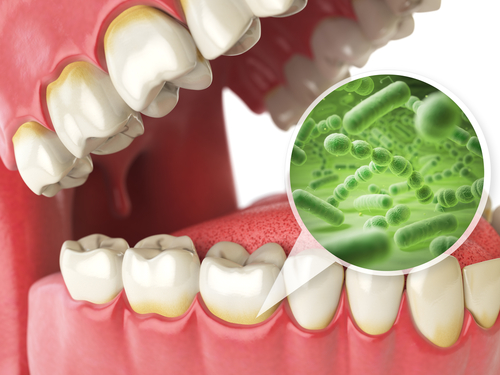Mouthwash can be used as part of your daily dental hygiene routine to prevent the build up of bacteria and the onset of infection. Although not a substitute for brushing, this popular dental wash comes in a variety of brands and types, and each option provides a different benefit.
Benefits of mouthwash
Depending on the type chosen, mouthwash provides a variety of benefits, including:
• The prevention of bad breath and mouth odor
• A reduction in bacteria and plaque, even in areas that can’t be reached by conventional toothbrushes
• The prevention of tooth decay and cavities through the removal of plaque
• The prevention of infection and gum disease through the killing of bacteria
• Help with targeting of plaque with a toothbrush
Types of mouthwash
There are a number of different types of mouthwash, but some may be more suitable for you than others. Alcohol-based mouthwashes can be highly effective, but it is often recommended that they are avoided by children or recovering alcoholics due to the high levels of alcohol. Many people also require sensitive mouthwashes if the stronger wash causes oral irritation, and this can also be useful after a dental procedure.
Some mouthwashes are target plaque control and contain ingredients specifically designed to reduce plaque between teeth and prevent infection. These mouthwashes may not be suitable for those wishing to target bad breath. This is also true for fluoride-based mouthwashes, which are specifically designed to target tooth decay.
Occasionally mouthwashes, such as Corsodyl, can only be used for a short period of time as they stain teeth and can alter taste perception. If you’re unsure about your chosen mouthwash, seek advice from your dentist.
How to use mouthwash
If you use mouthwash correctly, you are more likely to see the long-term benefits in your dental health. The first step in using mouthwash is to identify the correct amount and ensure that it’s not exceeded. This can often be achieved by using labelled caps on the bottle, which will help you measure the mouthwash before use. If your cap does not contain measurements, it is also possible to purchase specialist dispensers.
It is also important to dilute your mouthwash according to the instructions on the bottle. Although many mouthwashes are sold in the correct concentration, some require dilution before use. If you fail to dilute concentrated mouthwash you may experience irritation in your mouth or cause enamel erosion.
During use, mouthwash should be swished vigorously for 30-60 seconds. Take care not to swallow the solution and rinse your mouth with water after use, particularly when using a concentrates wash.

